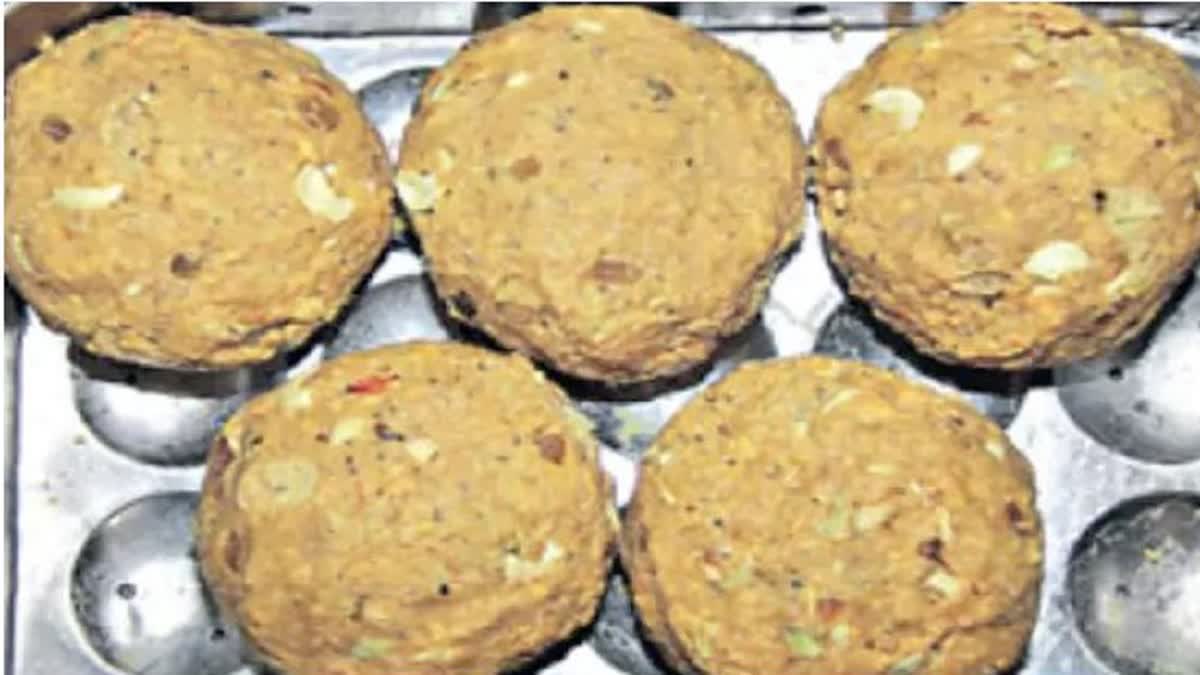Andhra Pradesh:Experts from leading food quality and nutrition institutes have allegedly found alarming discrepancies in the quality and chemical composition of ghee used in the preparation of the iconic Tirupati laddus.
They revealed this after analysing test reports from the National Dairy Development Board (NDDB) of the laddus following a major controversy. The row erupted after an investigation into the quality of ghee supplied to Tirumala Srivari Laddu Prasad reportedly revealed widespread adulteration.
The NDDB conducted a chemical test for 39 acids in the laddus and allegedly found that 10 of them exceeded the standards. The laddus also had significant quantities of linoleic acid and beta-sitosterol, which allegedly indicated the presence of animal fat.
A scientist from Gujarat explained that if acids present in the ghee exceed or fall short of the prescribed standards, it means that something was added and the ghee is 100% adulterated.
Another expert from Andhra Pradesh corroborated the views and claimed that the presence of animal fats was against the recommended standards as the genuine ingredients of ghee are 99.9% milk fat and 0.5% moisture.
